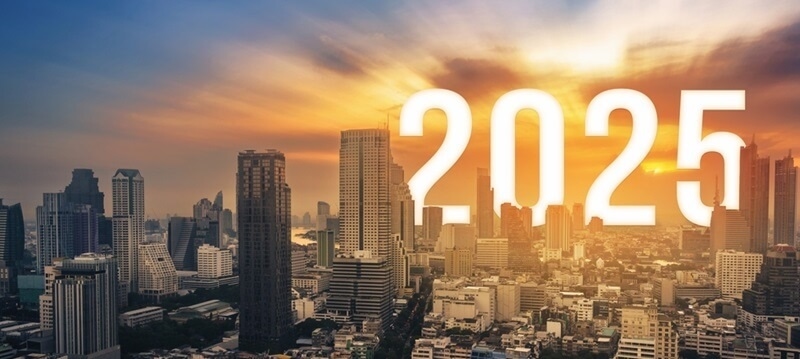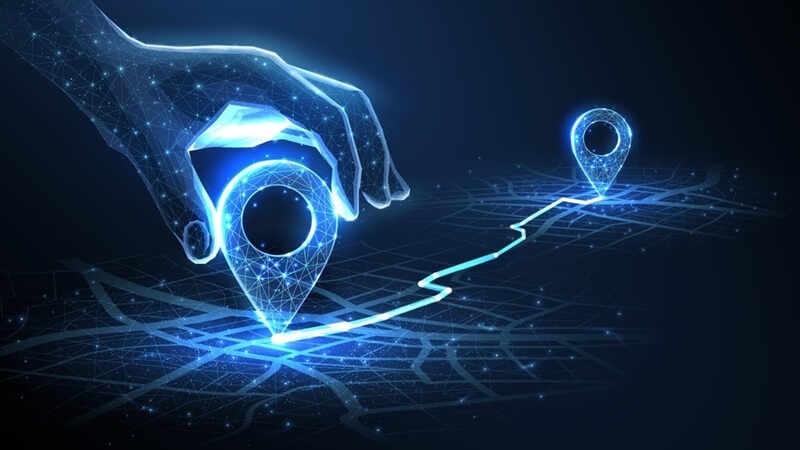
Travel planning is changing fast. AI in travel planning now helps people explore cities like Bangkok in 2025. With digital travel tools, smart apps for tourists, and easy tech-savvy trip tips, travelers can save time and enjoy more of the city. Planning does not feel stressful anymore. People spend less time worrying and more time seeing things. Trips can now feel smoother and more natural than before.
Travel in Bangkok is not what it used to be. In 2025, AI tools guide visitors step by step. You can explain your interests, your favorite activities, or the kind of food you like, and it organises your day.
Bangkok travel in 2025 is not only about famous places like the Grand Palace or the floating markets. AI suggests spots that match your interests. You might find a quiet temple or a small local café. Hidden areas appear in suggestions, making travel feel more personal. You explore, and the city feels alive.
It is not just a list of things to do. AI helps you feel more in control without making planning stressful. Travellers can focus on experiences instead of checking a map every five minutes.
Must Read: Bangkok Thailand Currency Guide for Smart Travellers

Digital travel tools in Bangkok are becoming more than guides. They adjust as travellers move. If you go from a museum to a park, the app suggests nearby places that make sense. It notices time and location and learns what you like.
Travel is getting personal. Instead of generic recommendations, digital tools show what matters to you. For example, someone who loves culture will see museums, galleries, and historic sites more. Nature lovers get parks and quiet areas. It feels like the app understands the person, not just the tourist.
These tools also help travellers get around. Bangkok streets can be confusing. Digital travel tools suggest routes and the easiest ways to move between attractions. This makes exploring the city feel lighter. Less stress, more focus on enjoying the sights.
Digital travel tools in Bangkok are also flexible. If you want to change the plan halfway, it updates easily. You can swap one activity for another without feeling like your day is ruined. It is small, simple, but it changes the trip completely.
Smart apps for tourists are changing the way people see cities. They organise schedules, suggest nearby attractions, and keep travellers informed. They do more than list things to do. Here are three ways they improve travel:
Smart apps make daily plans instantly. Travellers give preferences, and the app arranges activities. You do not need to think about what order to do things in. The day feels organised, but not too rigid.
Apps notice where you are and suggest nearby places. Morning, night, busy streets, quiet corners. The suggestions fit the moment. You might not have planned it, but it works. It feels natural.
Big cities are confusing. Smart apps show routes and directions. Travellers can move easily, avoiding getting lost. It is not just about maps. It is about guidance that fits how people actually move.
These apps change the way people experience travel. The day flows better. It feels like someone is quietly helping, without being overbearing. You walk, explore, and the app gently guides, almost like a friend.
Top Pick: Bangkok Hidden Travel Tips: Unique Weekend Guide 2025
Travel is not only about tools. It is about knowing how to use them. Tech-savvy trip tips make travellers get more from their experience. Three tips are useful:
You should list everything that you like, starting from food and activities to places and events. However, if you are confused, you can use the smart apps to identify the best things that you can do.
AI can help you find hidden gems that are still to be explored by most people. It can be in the form of little streets, local cafes, and small temples that most people have never heard about.
Technology helps, but people make it richer. Talking to locals, asking for tips, and noticing small details. That adds warmth. Apps can guide, but human insight gives stories.
Following these tips makes the AI journey better. Travellers use technology without losing real experiences. It feels smoother but still real.
Even with AI, human connection matters. Hotels, guides, staff, or people you meet in the city make trips feel personal. AI organizes schedules, but humans give meaning.
This mix of digital and human is called “phygital.” You may stay in a hotel that knows your room preferences, yet still meet staff who guide you. Technology makes things smooth. People make it feel alive.
AI helps, but the heart of travel is still human. A smile, a friendly guide, or a shared tip can change a visit completely. The tools support, but humans complete the journey.
AI in travel planning works because travelers trust it. It saves time, organizes plans, and makes travel smoother. But not every suggestion will be perfect.
Travelers need awareness. These tools analyze data and give suggestions, but humans decide what feels right. Trust works best with understanding.
Bangkok travel in 2025 shows that AI can be a reliable partner. Travelers enjoy smoother journeys while still choosing what matters most. Technology helps, but curiosity and personal choice remain central.
AI tools and tips can improve travel in simple ways. Three examples show this:
It is very normal for plans to get altered because of various reasons, like a museum is close, transportation caused delay, etc. However, using AI can help you find out suitable alternatives in such situations.
AI shows hidden areas. Visitors see more than the usual attractions. They explore local culture and feel the city more deeply.
AI balances busy and calm moments. Days feel complete, not rushed. Travelers can enjoy both exploration and relaxation.
These examples show how AI and tips guide travel naturally. Trips in Bangkok feel easier, smoother, and more rewarding.
AI in travel planning is shaping trips in Bangkok in 2025. Digital travel tools, smart apps for tourists, and tech-savvy trip tips make planning easier and trips more personal. Travelers can explore more, feel confident, and enjoy each moment. Technology supports, humans create experiences, and the journey becomes smoother and more memorable.
This content was created by AI